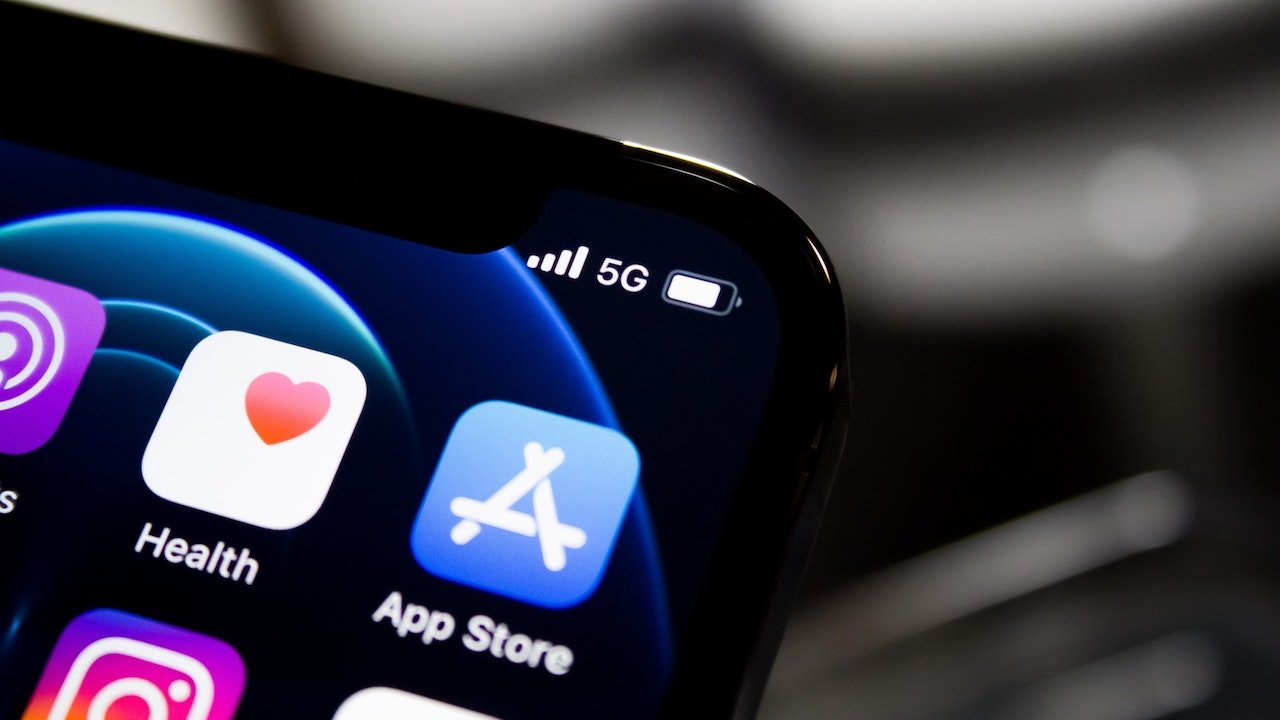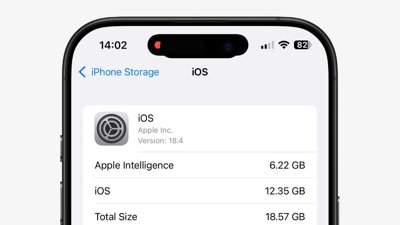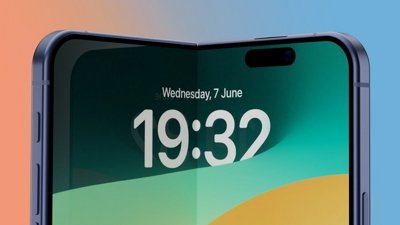Apple and Google have been hit by class action complaints in Portugal alleging that their 30% app marketplace commission rates are "anticompetitive and excessive."
The claims, filed with the Portuguese Competition Court by a Portuguese law school professor, seek damages amounting up to 100 million euros. According to Hausfeld, the law firm representing the case, the complaints allege that Apple and Google have "systematically acted in contravention of competition law" by overcharging Portuguese customers.
Professor Fabrizio Esposito, the filer, seeks to act as a class representative for up to 2.9 million Apple App Store users and 3.6 million Google Play Store users.
The complaint claims that the 30% cut of app and in-app purchases on the App Store and Play Store is anticompetitive and raising prices for consumers. It also claims that the two tech giants would be unable to charge the fees if they didn't impose technical and contractual restrictions prohibiting other app stores.
"This is the latest in a series of claims and regulatory investigations against the technology giants, who are accused of breaching competition law by charging 30% commission on all purchases of apps, in-app content and subscriptions, generating massive and rising profits," said partner attorney Lesley Hannah.
The suit is seeking compensation for any person who purchased an app or piece of in-app content in the Portuguese versions of the App Store and Google Play Store.
This is not the first time that a consumer-led lawsuit has accused Apple's 30% cut to be anti-competitive. Apple is facing similar pending lawsuits in the U.S., U.K., Netherlands, and Australia.
The Cupertino tech giant is also facing down increased antitrust scrutiny from governments and regulatory organizations, as well as potential legislation that could force it to change its business model.
Both Apple and Google have introduced lower commission rates in some form in recent years. For example, Apple offers a 15% commission rate for small businesses making less than $1 million from the App Store. After Apple's program debuted, Google cut all subscription commissions to 15%.
 Mike Peterson
Mike Peterson


 Amber Neely
Amber Neely
 William Gallagher
William Gallagher
 Sponsored Content
Sponsored Content
 Malcolm Owen
Malcolm Owen













10 Comments
Apple and Google should conspire together and just buy Portugal.
OK. I loved my 3 week vacation in Portugal.
Food, scenery, people, wine. Everything.
Is it possible for Apple to break itself into separate companies for each country in which they do business, yet maintain umbrella control from the U.S? It seems as though each country expects Apple to tailor their products differently for each of them. At some point the basic product gets compromised in so many ways it’s no longer recognizable as an Apple product. Apple Portugal could sell a version of the phone that meets all of their regulations, but it would work everywhere else as well, perhaps by using a home/away settings switch when they travel. Apple Store Portugal would behave exactly as their government wishes, but while abroad Portuguese could purchase apps from local Apple Stores—they may or may not work back home. Just asking.
I don’t remember anywhere in the definition or purpose of capitalism are the words “anticompetive or excessive.”?
The 30% commission has been a big nothing-burger in the courts and with legislators so far. Hard to see that changing. Apple charges the commission to cover their costs for running the App Store + add some profit on top. That's no different than the app developer themselves.